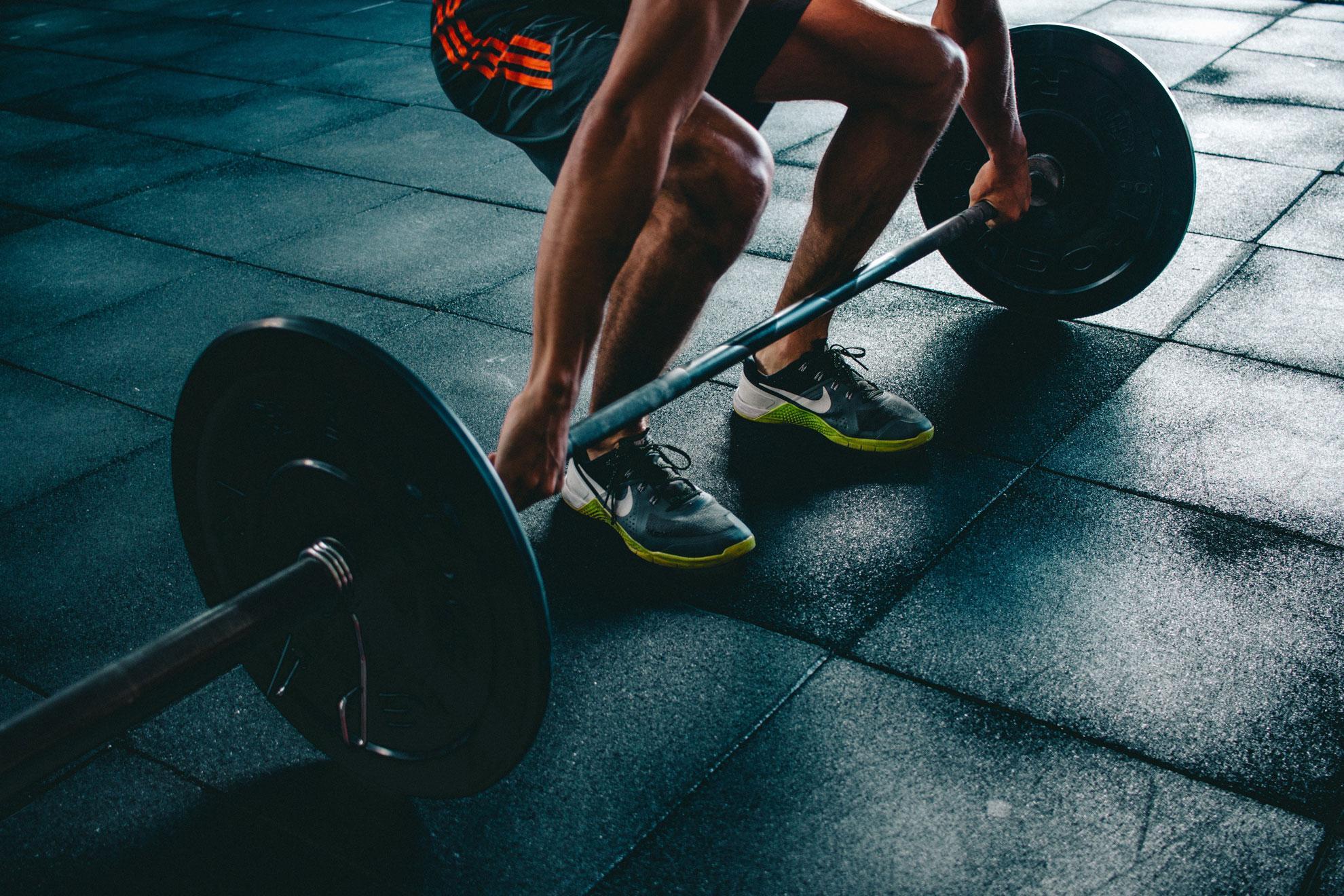
With so many sports being played at such a high level, it’s no wonder there is so much attention being paid to how the game is played, how the race is won, or how to reach optimal athleticism.
Sports science is one of the fastest-growing fields in the world of professional sport, with an increasing number of research papers being published about technologies and techniques that can improve player or athlete performance. It has such a prominent role in sports that virtually all professional sports teams and athletes consult a sports scientist at some level.
The field of sports science can be complex, and it can be difficult for outsiders to understand exactly what is going on, but getting started in the world of sports science is easy. In this article, we’ll give you an overview of what sports science is, why it’s needed, and where it can take you if you want to get involved.
What is sports science?
In a nutshell, sports science is the application of science to the understanding and improvement of sports performance. It involves the study of physiological factors that affect human performance, as well as the collection and analysis of data. The applications of sports science go beyond just performance, though.
Behind the scenes, sports scientists analyse and interpret data to improve training and coaching methods, design and implement equipment to improve the game and conduct research to discover ways to improve the health and safety of athletes.

Why is sports science important?
There are many reasons why studying sports science is important. Let’s explore a few of them.
Understanding how an athlete performs
Understanding performances can provide an important foundation for training and development. A coach may know what their team or athlete should be able to do, but without the data, they won’t be able to know how close they are to achieving that goal. By understanding how an athlete or a team is performing, coaches can begin to design training programs that will help them reach their full potential.
Improving equipment
New technologies are continually changing the world of sports. Companies are developing new sensors to improve performance and safety, while also trying to make sports more enjoyable for fans. By improving equipment, sports scientists can help to make the game more enjoyable and safer, while also reducing the risk of injuries.
Improving training methods
As the game becomes more and more advanced, it becomes even more important to find ways to improve player performance. This is why so much research is being done in the field of sports science. By understanding how athletes perform, coaches and athletes can design training programs that are specifically tailored to each individual’s needs. In a team of athletes with varying physical attributes, like in football, for instance, this level of insight becomes invaluable.
What do Sports Scientists do?
Here are a few of the many tasks that a sports scientist might be involved in.
Sports Analytics
Sports analytics is the study of data to inform decisions. Using tools such as databases and spreadsheets, analysts will look at data from a wide range of sources—from player and team stats to weather reports—to find patterns that can inform decisions. For example, a team might notice that their players have been getting sick more often than usual when the temperature is above a certain level. This might prompt them to design a new training schedule to avoid those conditions.
Coaching and Training
As a sports scientist, you may begin by assisting the coach in their daily tasks. This can involve data analysis, equipment maintenance, or helping to plan training sessions. As your knowledge grows, you may take on more of a training role, designing workouts that are specifically tailored to individual athletes. You could also focus on strength training or injury prevention to specialise in those areas.
Health and Safety
Athletes need to be healthy and safe in order to perform at their best. That’s where the role of the sports scientist comes in. You could work in this area by assisting the team’s doctor to find ways to improve player health and safety. Perhaps you could focus on this area in relation to strength training or injury prevention. Sports science even plays a part in what athletes eat and when.

How to Become a Sports Scientist
Now that you know what a sports scientist does, it’s time to learn how to become one.
First things first, you’ll need to decide if you want to pursue a career that involves working directly with athletes or if you’d rather work in a support role. What you decide is important, as it will help you decide where to study. Once you’ve decided on your path, it’s time to get ready to apply for courses.
Joining a sports studies course is a great way to start building your knowledge and skills if you’re completely new to the field. Once you’ve registered for a course, try putting the skills you learn into practice. The best sports studies courses work with partner sports teams or athletes from other courses in the school, meaning that all their students get real-world, hands-on experience.
At Big Creative Education, students on our sports studies course get to support athletes from other departments across the college. We even have a partnership with a local professional football team, Walthamstow FC.
Conclusion
If you’re interested in the field of sports science, there are many ways you can get involved. You can volunteer at local sports clubs, learn about the field, enrol on a sports studies course or apply directly for jobs in the field.
Whatever you chose to do, you’ll need to be willing to put in a lot of hard work. There are many ways that you can make a difference in the world of sports science, and once you’re working in the field, you’ll find that it’s an incredibly rewarding and varied role.




